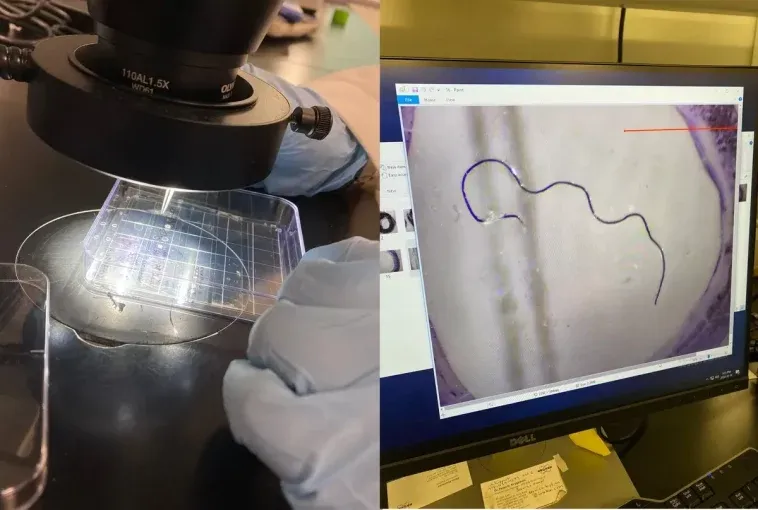(New York Post) Not even plant-based food is safe from microplastic contamination.
New research finds that nearly 90% of proteins — yes, even vegan alternatives — tested by researchers contain microplastics, which have been linked to negative health consequences.
Sixteen types of protein sources — including chicken, beef, seafood, pork, tofu and three plant-based alternatives — were analyzed for microplastics in a study published Monday in the journal Environmental Pollution.
The samples were purchased in April 2022 from two supermarkets and one grocer in the Portland, Oregon, area — according to the product packaging, they were produced in the US.
The researchers, from Ocean Conservancy and the University of Toronto, found that 88% of the samples contained plastic particles, implying that humans are likely consuming microplastics no matter their diet.
“This is a startling reminder of just how prolific plastic pollution has become — humans live on land and yet seafood samples are just as likely to be contaminated with plastics as are terrestrial-derived proteins,” study co-author and marine biologist Dr. Britta Baechler, associate director of plastics science at Ocean Conservancy, said in a statement.
“And there’s no escaping them no matter what you eat, it seems,” Baechler continued. “The plastic pollution crisis is impacting all of us, and we need to take action to address its many forms.”
Ocean Conservancy researchers noted that the way the foods are processed could be to blame — they found that more-processed proteins contain higher levels of microplastics than their less-processed counterparts.









